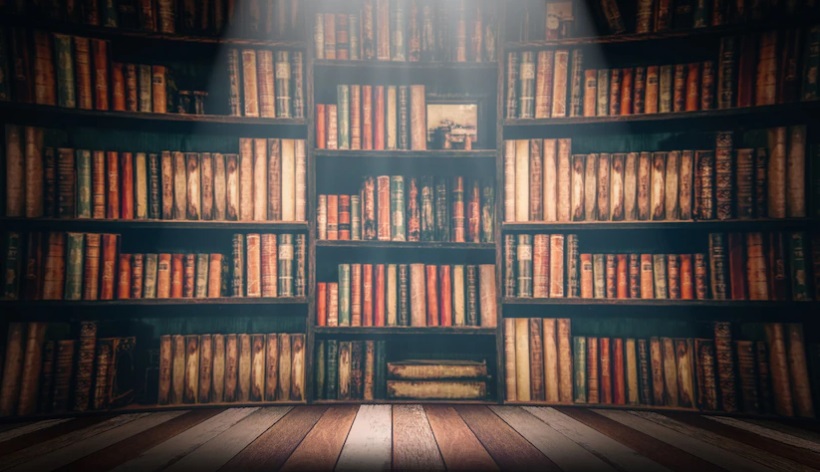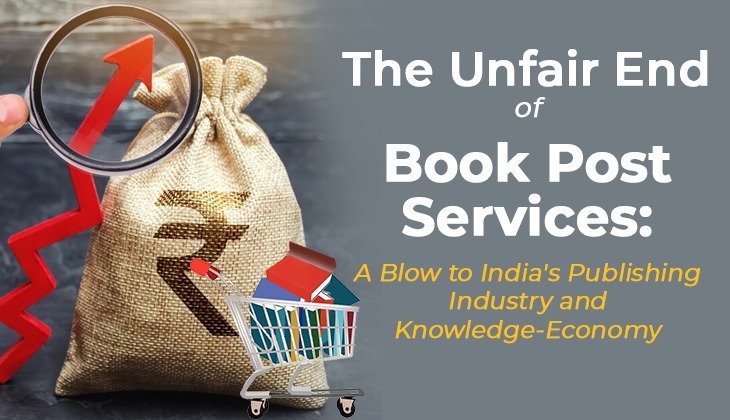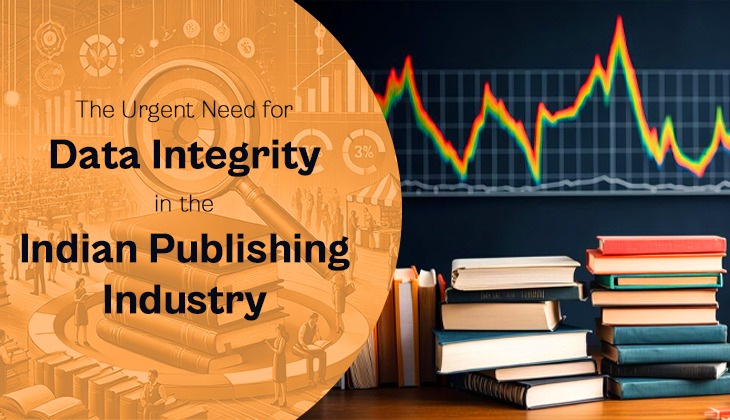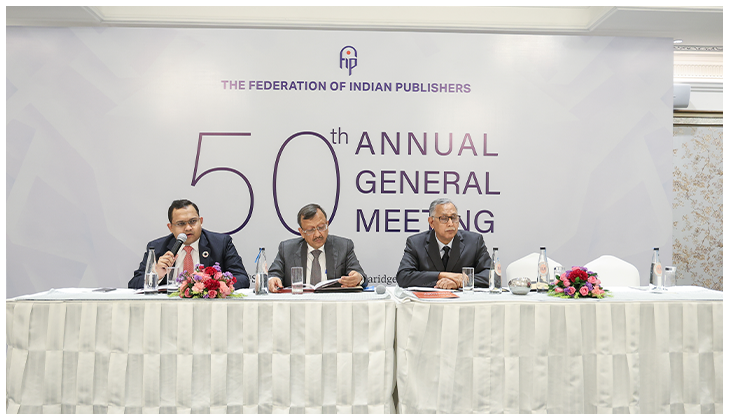When it comes to spreading our culture to the world, books have acted as a paragon of its transport since time immemorial. It is a source through which we can exchange our traditions with the rest of society and gain knowledge about the culture of others. Books open doors to an unknown world and enlighten us with unique ethos, morals, and values. To expand our cultural understanding to greater horizons, we can connect to various communities through books and other literature. From learning languages to understanding the beliefs of different populations, it has been the most incredible mediator for all of it.
Literature has been a prominent witness to our culture and heritage. It is the medium through which we portray our world of imagination and the world in reality. For communicating messages and expressing views and emotions in different languages, literature has had a crucial purpose and eminence throughout our sociable existence. The intertwined relationship between literature, culture, language, and politics builds the robust foundation of every community. It is the power that we withhold from our past and nurtures forever to glorify our existence and its purpose.
India is a melting pot of colourful cultures from different states and cities. Our forefathers have lived a unique civilization that dignifies our present and puts us on the world map as a heritage bearer of the oldest times. From Harappan civilization across the rivers Ganga and Yamuna to the deities we worship today, we can acknowledge our past only for the literature crafted hundreds of years ago. Atharva Veda, Yajur Veda, Rig Veda, and Sama Veda are the essence of our religious and spiritual sides that have depicted the Vedic times through marvellous hymns. Charaka Samhita is another notable ancient writing that magnifies offerings of Ayurveda between 400 to 200 BCE. Without this scripture, we would be bereaved of the knowledge of the “mother of all healing” that keeps us above all when it comes to traditional medicines.
Music is a salient part of any culture, regardless of its geographic presence. It speaks miles without knowing a language. Notes, melodies, verses, and rhythms come together to form the universal language of music that can only be learned through the books preserved from the bygone eras. Our pioneers of music like Pt. Ravi Shankar, Ustad Ali Akbar khan, and Pt. Bhimsen Joshi have established their musical presence and are known to the world through their biographies.
Texts and literature inscribed in cultural contexts have made massive changes in our society. It has even made a distinct discourse of cultural nationalism throughout the Indian subcontinent. Our tradition, language, ritual, and culture are all facilitated through prominent manuscripts, journals, literature, and books. And to promote our culture and heritage further, our government introduced the project Traditional Knowledge Digital Library (TKDL) in 2001. It unifies all our culturally enriching subjects like Ayurveda, Yoga, Languages, Unani, and Sowa Rigba together in one library to amplify the reach of our ancestral inheritance. The role of books and literature in popularising our intense culture can never be erased from the pages of history and the future.



